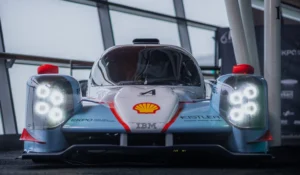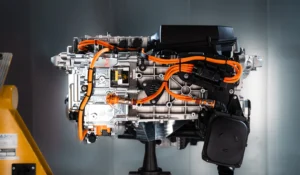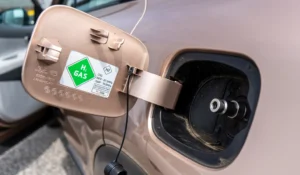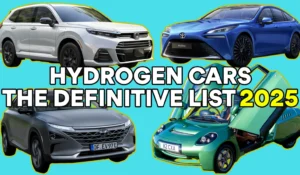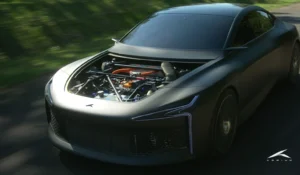Hydrogen motorsport: HVS and Dawson join forces to develop hydrogen GT race car
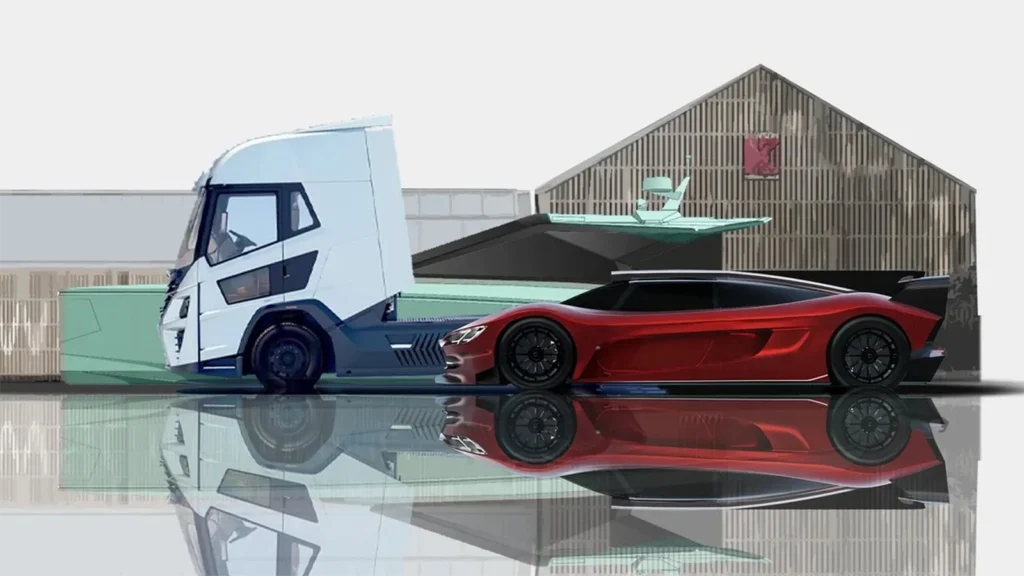
The racetrack is about to see a green revolution: truck-maker Hydrogen Vehicle Systems (HVS) has signed a memorandum of understanding (MoU) with motorsport specialists Dawson Technologies to bring hydrogen propulsion to the high-octane world of Grand Touring (GT) racing.
In this five-year collaboration, HVS and Dawson Technologies will work together to develop not one, but two cutting-edge hydrogen fuel cell demonstrator racing cars – the “GTh” models – while keeping an eye on potential future joint projects.
Neither HVS nor Dawson have released any top trumps stats or specs for the racers at this stage, so only time will tell on that one.
Their goal is to show that hydrogen technology isn’t just for motorways and heavy-duty trucks – it can handle the racetrack too.
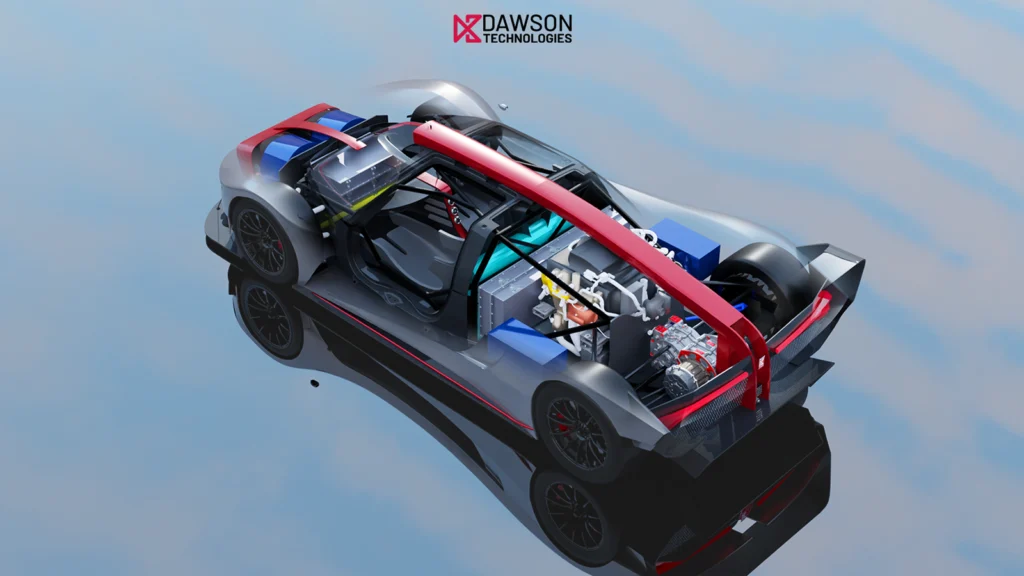
Hydrogen on the track
With zero-emission racing categories like the Le Mans 24 Hours Hydrogen class on the horizon, HVS and Dawson Technologies are aiming to get to the front of the grid.
Their GTh hydrogen-powered demonstrators are out to prove that racing can be every bit as thrilling – without leaving behind a trail of exhaust fumes.
The companies are also optimistic that their collaboration will spark some fresh innovations in hydrogen technology, and maybe even open up some new revenue streams along the way.
The collaboration
This partnership combines the strengths of both companies: HVS has been breaking ground in hydrogen fuel-cell tech for years, while Dawson Technologies brings over 60 years of motorsport expertise.
Together, they’re betting that their combined efforts will accelerate the development of hydrogen powertrains and integrated hydrogen systems.
Ian Palmer, Managing Director of HVS, summed it up when saying: “Developing these GTh demonstrators is a big milestone for us.
“Partnering with Dawson gives us a chance to fast-track our hydrogen vehicle plans, benefiting both companies and hopefully the broader hydrogen sector.”
Ian Dawson, CEO of Dawson Technologies, added: “This partnership is a fantastic opportunity to blend our racing experience with HVS’s hydrogen tech.
“We’re excited to see what these demonstrators can do on the track – and beyond.”
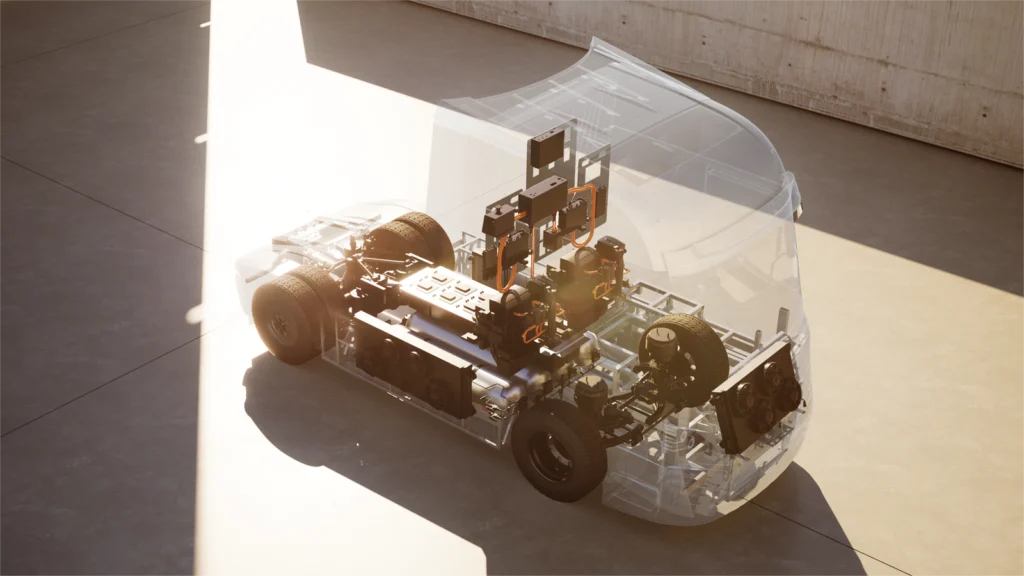
The two companies will also share their homework.
Dawson Technologies will make its vehicles available for HVS’s technical tests, while HVS will offer its hydrogen HGV demonstrators to Dawson for mutual R&D.
It’s a win-win, with both companies getting the chance to refine their hydrogen vehicles in real-world conditions.
Steve Fletcher, Chief Technical Officer at HVS, couldn’t help but highlight motorsport’s unique role in advancing technology, saying: “Racing cars are the perfect testbed for pushing hydrogen powertrains to their limits.
“Motorsport gives us the environment we need to refine these systems under high-performance, high-pressure conditions.”
Hydrogen: the future of racing?
Hydrogen is quickly gaining traction as a propulsion of choice for a net-zero future in motorsport.
Categories like Le Mans 2027 will showcase hydrogen-powered vehicles battling for supremacy, and the HVS-Dawson partnership is hoping their GTh models will lead the charge – quite literally.
While hydrogen still has a few hurdles to clear before it becomes the dominant fuel for racing, collaborations like this are making it clear that zero-emission racing isn’t just some far-off dream. It could be reality sooner than anyone thinks.

